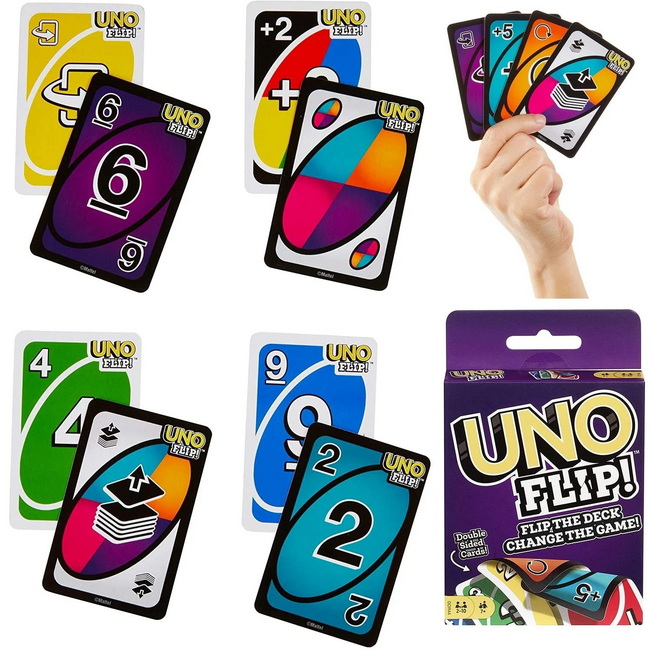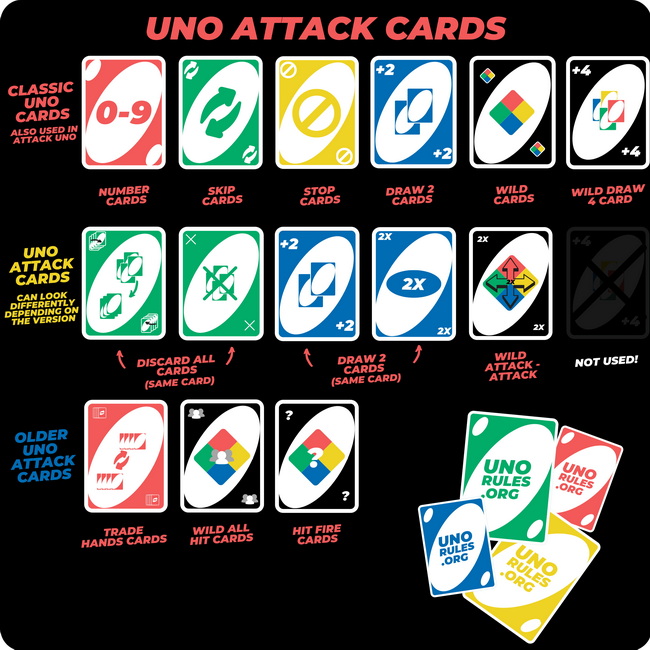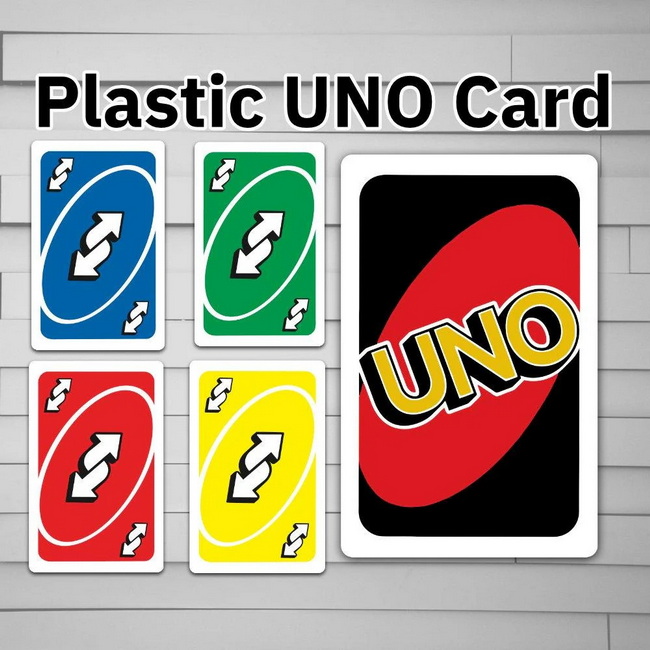Content Menu
● Introduction
● Market Dynamics in France
● Criteria for Selecting Uno Cards Manufacturers and Suppliers in France
● Profiles of Uno Cards Manufacturers and Suppliers in France
● Packaging and Presentation in Uno Cards
● OEM Advantage for International Brands
● Sourcing Checklist for Uno Cards Manufacturers and Suppliers in France
● Case Studies and Applications
● Conclusion
● FAQ
>> 1. How can brands ensure consistent card quality across large runs?
>> 2. What customization options are typically available for Uno-style decks?
>> 3. Which packaging formats work best for French retailers?
>> 4. What regulatory considerations should be anticipated when exporting to France?
>> 5. How can an OEM partner help reduce time-to-market for new Uno cards?
● Citations
Introduction
France remains a vibrant market for card games, packaging, and consumer accessories, with a steady demand for branded decks, family games, and educational card sets. For international brands, retailers, and distributors seeking reliable Uno cards manufacturers and suppliers, France offers a mix of local expertise and access to global supply chains. Shenzhen XingKun Packing Products Co., Ltd. stands as a robust OEM partner capable of delivering playing cards, packaging, and related printed materials to European clients, ensuring consistent quality, scalable customization, and efficient logistics across borders. This article explores the landscape of Uno Cards Manufacturers and Suppliers in France, outlines selection criteria, profiles leading players, and provides practical guidance for successful collaboration and market entry.

Market Dynamics in France
The French market for playing cards and Uno-style decks balances heritage in traditional card printing with modern demands for customization, packaging differentiation, and responsible sourcing. Retail channels range from specialty game shops and department stores to e-commerce platforms and licensing collaborations. Consumers increasingly expect durable card stock, vibrant imagery, reliable finishes, and packaging that communicates brand stories clearly. From an OEM perspective, international brands often seek French or European-based partners who can coordinate design localization, compliance, and time-to-market while leveraging cost efficiencies offered by global manufacturing networks. Uno Cards Manufacturers and Suppliers that combine local market insight with access to offshore production can help satisfy both regional preferences and global standards.
Criteria for Selecting Uno Cards Manufacturers and Suppliers in France
- Reliability and quality control: Seek facilities with robust QA processes, traceability, and transparent testing protocols for card stock, lamination, ink adhesion, and finish.
- Customization breadth: Look for capabilities in deck design, card dimensions, lamination options, protective sleeves, and packaging variants such as display stands, gift boxes, and bundled promotions.
- Regulatory and safety compliance: Ensure compliance with relevant European standards for toy and game safety, labeling, and age recommendations where applicable.
- Logistics and OEM support: Favor partners offering scalable production, flexible MOQs, private-label options, and end-to-end logistics support, including customs clearance for cross-border shipments.
- Pricing and lead times: Compare cost structures for large runs versus small-batch orders and assess total landed cost, including freight and duties.
- Strategic fit with Chinese OEM partners: A capable French or European coordinator combined with a trusted Chinese manufacturer can deliver cost efficiencies, consistent quality across components, and rapid global distribution.
Profiles of Uno Cards Manufacturers and Suppliers in France
- Local producers and packaging specialists: Some French or France-based entities focus on high-quality playing-card production, card finishing, and packaging design, often offering in-house finishes and localized artwork services in addition to distribution. These players can provide short lead times for smaller runs and ensure cultural alignment with French markets. They complement international manufacturing by handling localization, branding, and regulatory labeling.
- Distributors and brand integrators: Several companies act as strategic distributors or brand integrators, connecting international decks with French retailers and providing localized packaging and point-of-sale materials. Their strength lies in market access, consumer insights, and regional compliance support.
- Hybrid OEM-friendly ecosystems: A subset of players combines European project management with global production networks, enabling brands to run private-label projects, co-create artwork, and manage end-to-end campaigns with consistent quality across multiple SKUs.
Packaging and Presentation in Uno Cards
Packaging plays a pivotal role in market success. For Uno-style decks, packaging must balance protection, shelf appeal, and regulatory clarity. Durable tuck boxes, foil-stamped accents, and vibrant color management can elevate perceived value. Display solutions—such as counter-top units, wall-mounted racks, and floor displays—increase in-store visibility. European retailers often favor packaging with multilingual labeling where necessary and clear safety marks. A strong packaging strategy supports UNO-style decks and related products by boosting brand recognition, facilitating cross-promotions, and enabling easy merchandising across channels.

OEM Advantage for International Brands
Working with an established OEM provider offers several advantages:
- Consistent quality: Standardized materials and processes across large production runs ensure uniform card feel, print fidelity, and finish.
- Cost efficiency: Economies of scale, supplier diversity, and streamlined logistics reduce unit costs for global launches.
- Speed to market: Prototyping, rapid iteration cycles, and integrated supply chains shorten development timelines.
- Localization capabilities: Artwork adaptation, packaging translation, and regulatory labeling tailored to French and other European markets.
- Scalability: Flexible MOQs and scalable production models support launches from regional pilots to nationwide rollouts.
Sourcing Checklist for Uno Cards Manufacturers and Suppliers in France
- Define project scope: deck size, finish, artwork style, packaging formats, and display needs.
- Request information: capability statements, sample terms, lead times, MOQs, and quality assurances.
- Evaluate samples: assess color accuracy, card rigidity, edge rounding, lamination durability, and print clarity.
- Assess localization: artwork adaptation, French-language labeling, and compliance documentation.
- Review logistics: packaging, warehousing, and shipping arrangements, including duties and duties-prepaid options.
- Confirm after-sales support: replacements, warranty, and ongoing quality monitoring.
Case Studies and Applications
Case Study A: A French distributor partners with a private-label OEM to launch a branded Uno-style deck with customized artwork and multilingual packaging. Benefits include reduced development time, consistent quality, and a streamlined supply chain enabling rapid restock and rotation of promo decks.
Case Study B: An international brand leverages a European-based coordinator to manage artwork localization, compliance labeling, and packaging design while outsourcing manufacturing to a Chinese partner for cost efficiency and scale.
Case Study C: A retailer collaborates with an OEM to develop localized packaging in French, with display units designed to maximize shelf impact, supported by coordinated logistics to France and neighboring markets.
Conclusion
Selecting the right Uno Cards Manufacturers and Suppliers in France hinges on a blend of local market understanding, strong OEM capabilities, and reliable, scalable production partnerships. A European coordinator who can bridge design localization, packaging customization, and French regulatory awareness — partnered with a capable Chinese manufacturing partner — helps brands achieve quality, consistency, and speed to market. Shenzhen XingKun Packing Products Co., Ltd. is positioned as a proven OEM partner with experience in playing cards, packaging, and related printed goods, offering end-to-end solutions from artwork and prototype through mass production and distribution.

FAQ
1. How can brands ensure consistent card quality across large runs?
- Establish a rigorous QA plan with standardized test procedures for stock, finishing, color fidelity, and edge treatment; require preproduction prototypes and inline QC checkpoints during production; and partner with an OEM that maintains traceability and clear defect classification across batches.[2][3]
2. What customization options are typically available for Uno-style decks?
- Common options include card size and shape, stock material, finish (matte or glossy), lamination level, artwork styles, back designs, box formats, and in-box promotional inserts or display-ready packaging.[1][5]
3. Which packaging formats work best for French retailers?
- Popular formats are standard tuck boxes with durable lamination, bilingual or French-only labeling where required, shelf-ready displays, and modular packaging that supports in-store promotions and easy restocking.[4][1]
4. What regulatory considerations should be anticipated when exporting to France?
- Attention should be given to toy safety classifications where applicable, proper labeling, material safety disclosures, and compliance with EU packaging and recycling directives; ensure accurate language localization and documentation for customs.[1][4]
5. How can an OEM partner help reduce time-to-market for new Uno cards?
- An OEM partner can accelerate development with pre-approved artwork templates, rapid prototyping, concurrent engineering for packaging and artwork, established supply chains, and streamlined quality and certification processes.[5][8]
Citations
[1](https://jeuxdecartes.printeurope.fr/en-gb)
[2](https://www.wopc.co.uk/playing-cards/manufacture)
[3](https://en.wikipedia.org/wiki/Playing_card)
[4](https://frenchplayingcards.mit.edu/manufacture)
[5](https://printninja.com/printing-resource-center/printing-academy/post-press/card-game-production/)
[6](https://patents.google.com/patent/US9457262B2/en)
[7](https://data.epo.org/publication-server/rest/v1.0/publication-dates/20231115/patents/EP4275771NWA2/document.pdf)
[8](https://www.youtube.com/watch?v=YhFZDHhiRts)
[9](https://www.vanishingincmagic.com/playing-cards/articles/the-history-of-playing-cards/)
































